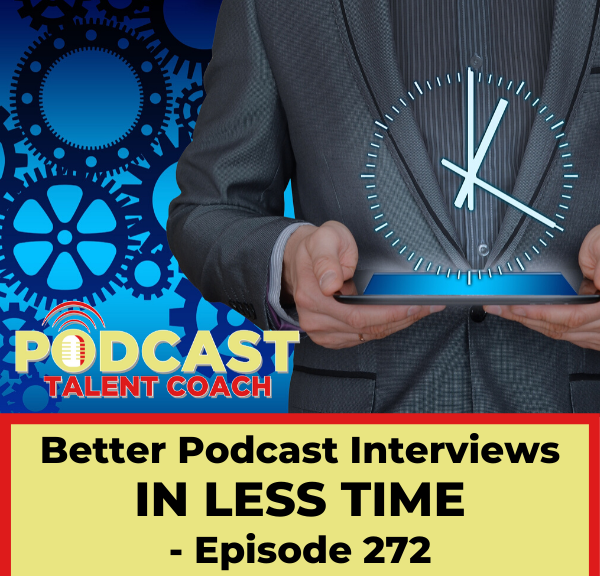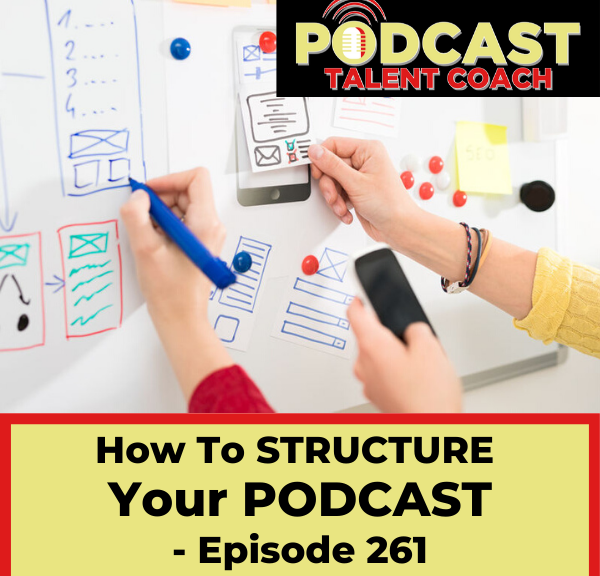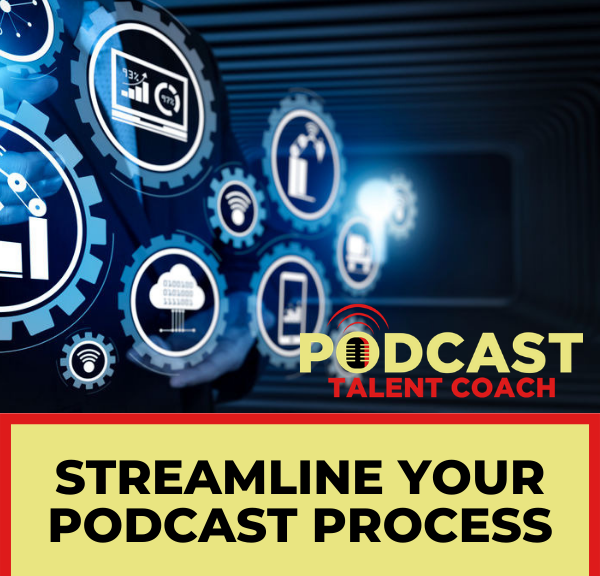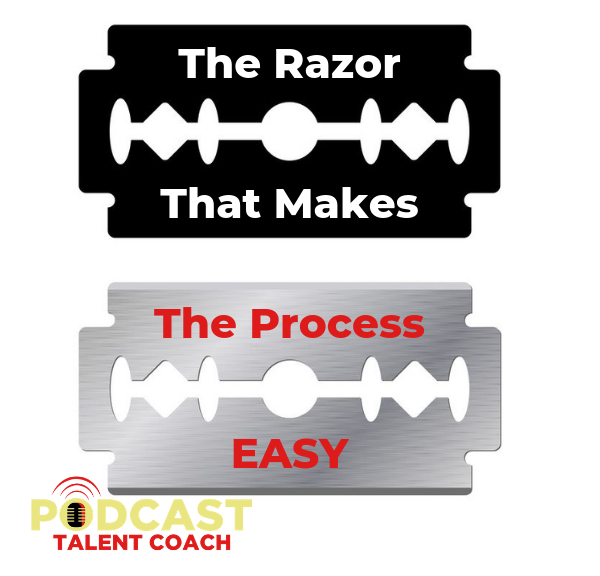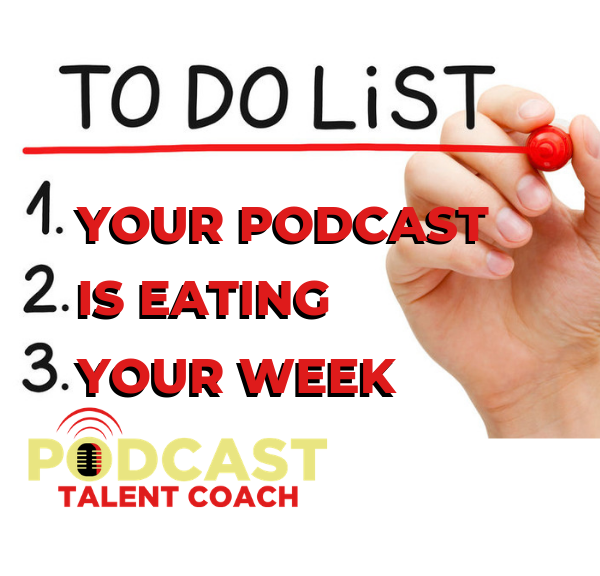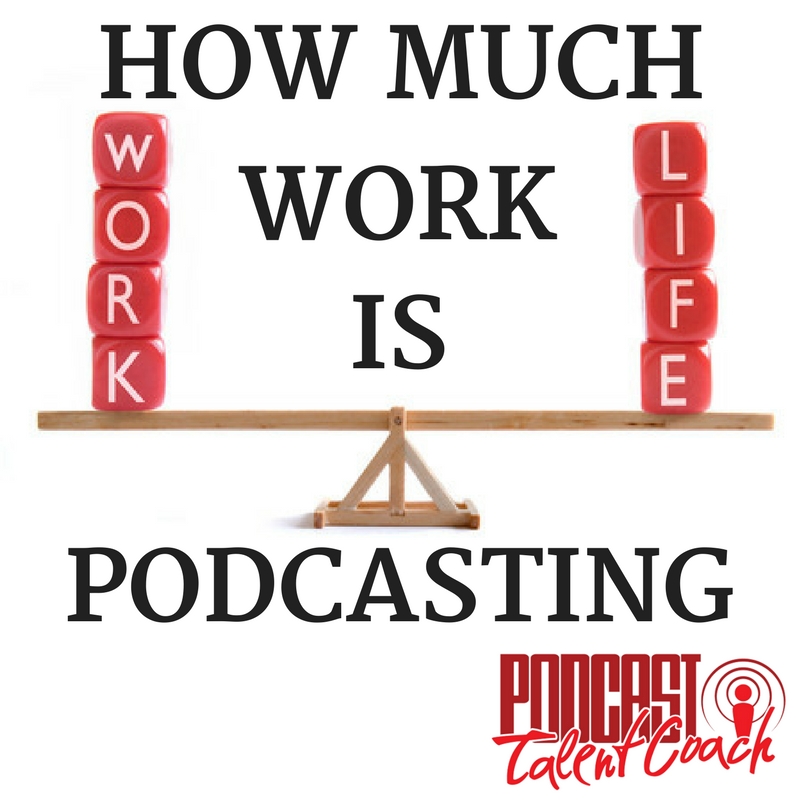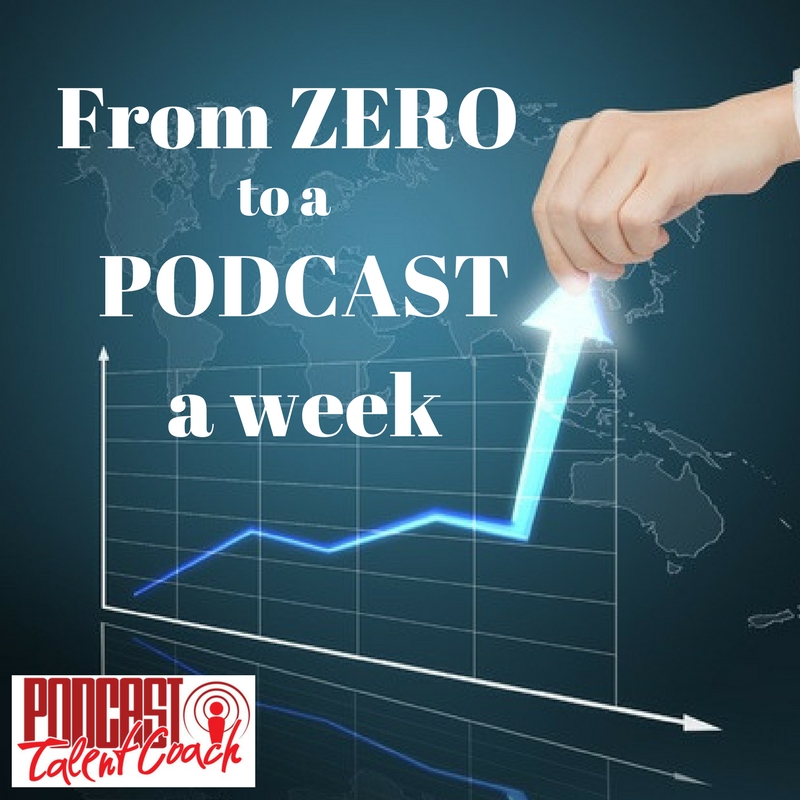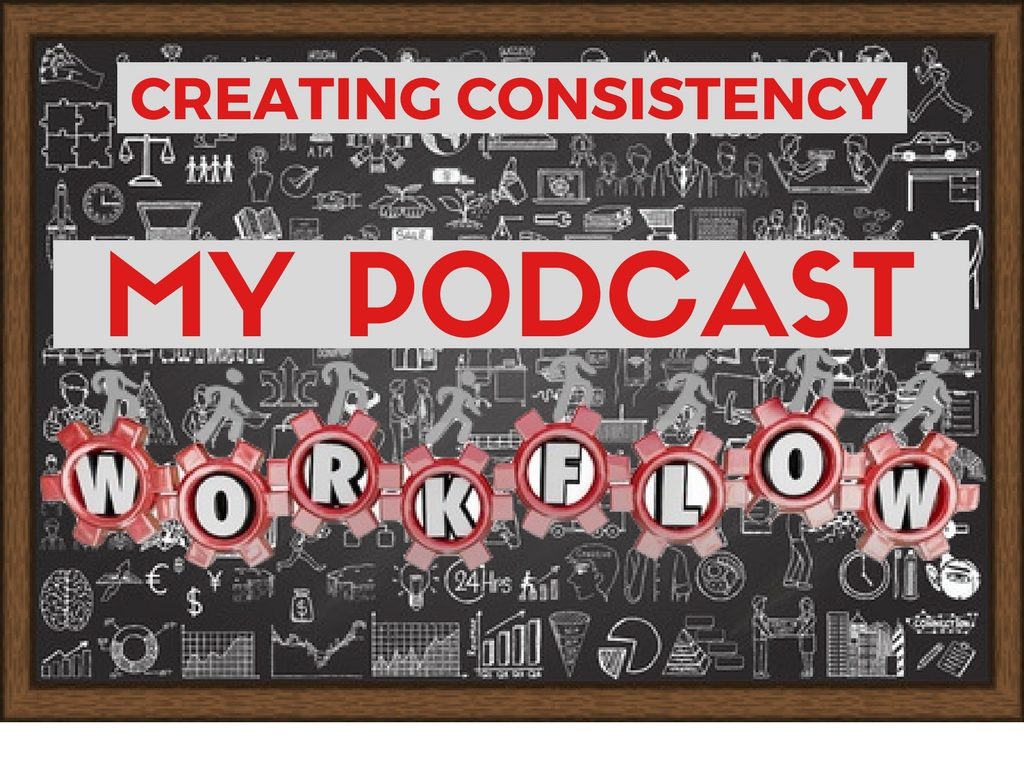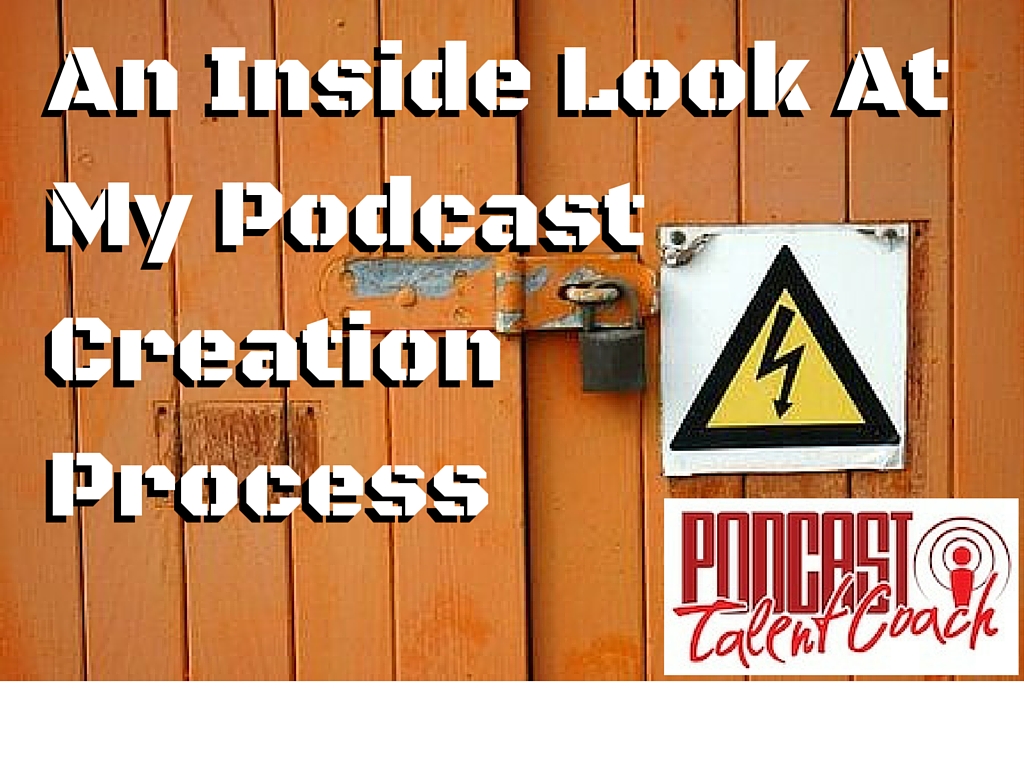Podcast: Play in new window | Download
Subscribe: RSS
Podcast interviews can eat up a lot of your time. Creating intriguing conversations requires many moving parts. In this episode, you get five steps that will help you save time creating your interview episodes.
Many podcast episodes I hear start with a generic question like, “Tell the audience a little about yourself.”
You can’t afford to slowly wade into an interview. Your audience isn’t going to wait around for a lot of useless background information. You have less than five minutes to make your listener want to hear the whole episode.
Start your interview with the strongest question you have.
If you would like help creating powerful interview questions, you can download my free “17 Ultimate Podcast Interview Questions” at PodcastTalentCoach.com/interview. These 17 questions can be customized for any interview and guest.
Podcast hosts tend to spend a lot of time researching their guests. They read the blogs and books. These hosts scour the guests’ bios. They will listen to previous interviews and learn all they can.
When you spend a lot of your time researching your guests, you eventually suffer from the curse of knowledge. You forget what you didn’t know when you started. You forget what the listener doesn’t know. That creates a gap between your questions and the listener’s knowledge.
I was on a call with a coaching client the other night. We were working to develop a plan for his podcast production. He feels like he spends a lot of time scheduling and preparing for the interview. Then, he spends a lot of time conducting the interview. Finally, there is a lot of time spent on editing, posting and promoting the episode, only to do it all over again for the next show.
He and I talked about his process and where he might save some time creating these interview episodes. As we laid out the plan, I realized that many podcasters could save time creating their interviews by focusing the same five specific areas.
Let’s go through each of them to cut your episode production time in half.
RESEARCH
1. Know the one thing
Your listeners will remember one thing about your episode. As much as we hope they remember the whole story, all of the details or the full list of 25 tips, your listeners remembers the moral of the story. The one thing.
Rather than spending hours researching your guest, decide why you want her on your show in the first place. It could be she created a new hack, she have a unique process, or she was the first person to do something. Maybe she made $100,000 in her first year of coaching and we want to know how.
This will save you a ton of time researching your guest. We don’t have time in the interview to tell their life story. Your listener isn’t tuning in to get her life story. Your listener should benefit in some way by listening to your conversation. Determine what that benefit is. Then, deliver.
PREPARATION
2. Prepare 3 to 5 powerful questions
You will probably use 3 questions.
Once you figure out the one thing you want your listener to take away from your conversation, decide what questions help tell that story.
You won’t need a whole list of questions. You only need a few. These questions should help your guest tell their story. Stories are much easier to remember. Teaching through stories is very powerful.
Ask great questions that help your guest tell stories with great details. Make it memorable.
My list of “17 Ultimate Podcast Interview Questions” is all about telling stories. All 17 questions help you set your guest up to look great and engage your audience.
THE INTERVIEW
3. Listen and ask great follow-up questions
Help your guest tell their story and get to the one thing.
Use the curiosity of a listener – ask what they would ask.
Now that you have your 3 questions, ask and listen.
This is where you avoid the curse of knowledge. Because you haven’t done hours of research, your curiosity will kick in. You will now begin asking questions that your listener is asking in his head.
These 3 questions will walk your guest right down the path of telling her story. You might use 3 questions in chronological order. Where did she start? What did she learn? Where does she go from here?
You might use a “struggle to success” framework. “What did life look like before the breakthrough?” “When did you realize the breakthrough?” “What is life like now?” “How can I do the same thing?”
Among the primary questions, you will sprinkle in follow-up questions that refine the story. These will be questions like, “How did that happen?” or “What do you mean by that?” or “How did that feel?”
When you are listening like a listener, you are more engaged. Your listener is more engaged. Your guest is more engaged. Everybody wins.
The best part, you just saved a bunch of research time.
EDITING
The last two areas deal with editing. There are two thing you can do to save a lot of time when it comes time to edit your show.
4. Leave large gaps of silence to speed up editing
When you leave large gaps of silence, you can easily find those edit points by simply looking at the waveform.
Before you start the interview, tell you guest to feel free to stop and begin answering a question again. But if they do, you would like them to pause for five or ten seconds. This will help with editing.
You should also tell them you will do the same if you need to start over with a question.
This not only helps with editing, it puts your guest at ease. They will rarely use this option. Their answers will be much stronger, because they aren’t as concerned about messing up.
5. Leave the ums and thinking silence in the conversation
When you leave in the “ums” and short bursts of silence, you let your listener fill in the blank and predict the answer. This makes the interview much more enjoyable and engaging for your listener.
Leaving these in also makes the interview sound more conversational. People use “um” and bits of silence in everyday discussions. They should be part of your conversations as well. You should only be concerned if the “ums” are distracting or the silence becomes too long.
Silence is a powerful attention grabber. When people hear silence in audio, they automatically pay attention, because it is unusual.
When you don’t spend so much time trying to find and remove all of these little nuances, you will save amazing time editing your show.
SAVE TIME
There are five areas that can save you hours every week when you are creating your podcast interviews. Give them a try and let me know how much time you save.
Download the “17 Ultimate Podcast Interview Questions” at PodcastTalentCoach.com/interview.
Let’s turn your information into engaging entertainment.
